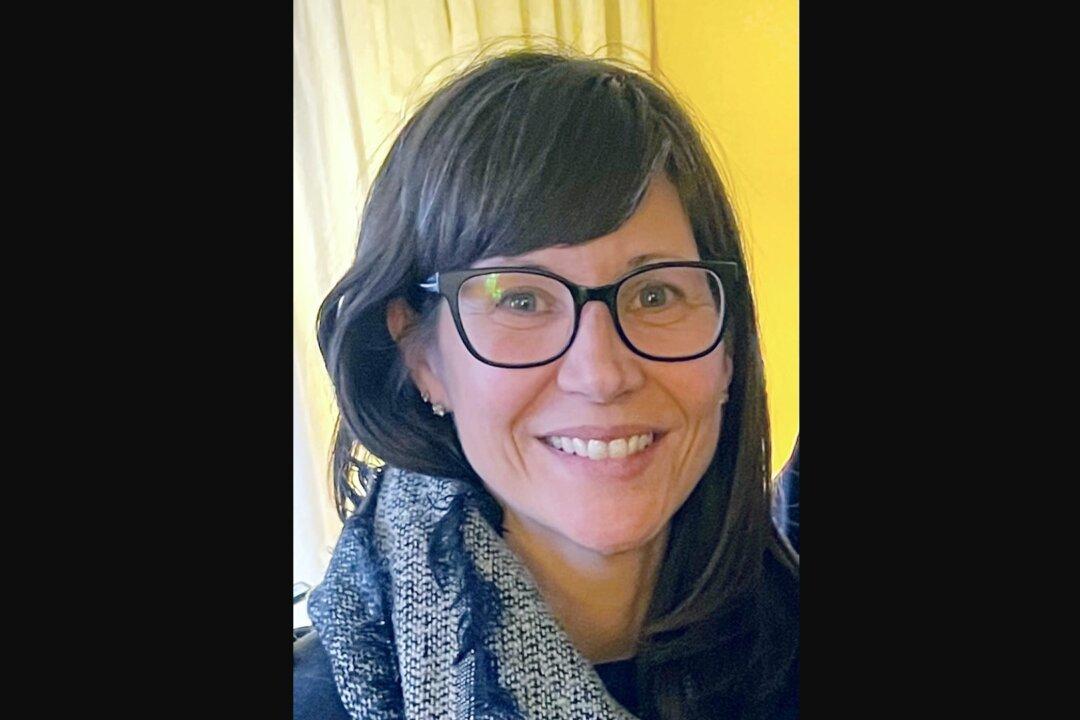A disciplinary tribunal is set to make a decision that could have wide-reaching implications for many doctors being investigated after opposing COVID-19 health measures, says attorney Michael Alexander.
The tribunal, which hears disciplinary cases within the College of Physicians and Surgeons of Ontario (CPSO), has reserved its decision on the case of Dr. Crystal Luchkiw while weighing the arguments presented at a May 19 hearing.





